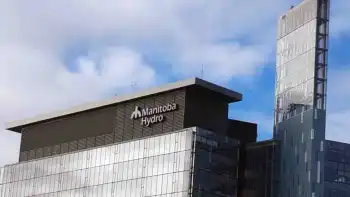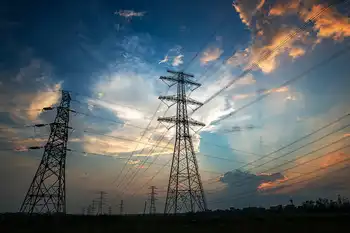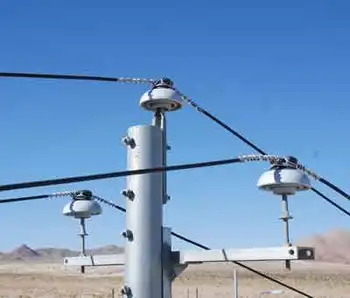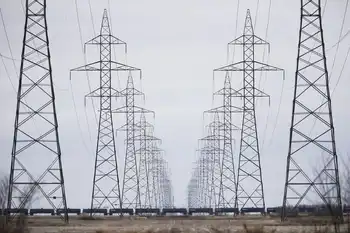Explaining the KUBÂ’s tree-trimming policy
Should KUB trim trees away from electric lines?
Yes, absolutely so. Tree trimming is necessary because of the simple fact that trees conduct electricity.
We all know it's dangerous to take chances with electricity — no one would think of touching a live electric wire. What you may not realize is that a tree that contacts an electric line can be nearly as dangerous as the line itself.
The risk is very real. It would be irresponsible for KUB to ignore this risk, and that is the primary reason that we spend $6 million every year to keep trees a safe distance away from the lines.
In addition to safety, tree trimming is necessary to provide reliable electric service. Even the smallest branch can cause an outage, often affecting residences nowhere near the initial event. Reliable service is a benchmark recognized in the industry; more than that, it's what our customers expect and deserve, and KUB takes that responsibility very seriously.
How should trees be trimmed?
KUB welcomes input from the community as to the best practices to be employed. Some background is helpful in terms of considering KUB's current practices.
In the industry, 10 feet is generally accepted as a minimum clearance around an electric distribution line like those found in most neighborhoods. For higher voltage transmission lines, a larger clearance (generally 25 feet) is needed.
For many years, KUB trimmed as little as possible in order to maintain the minimum clearance and preserve the aesthetic appearance of the tree. However, in doing so, the health of the tree was sometimes put at risk, because the location of the cut resulting from pruning the branch or limb could have an effect on the tree's overall health.
In 1991, the city of Knoxville took steps to become a Tree City, a designation granted by the Arbor Day Foundation. After learning about it from the city administration, KUB applied for a similar designation for utilities — the Tree Line USA designation.
To become a Tree Line Utility, KUB's tree trimming practices were modified to make the health of the tree a priority over aesthetics. This means that sometimes more of a tree is trimmed than is necessary for a minimum clearance because it is healthier for the tree.
KUB has been recognized as a Tree Line Utility by the Arbor Day Foundation every year since 2001, and KUB's tree trimming policies and practices are reviewed annually in connection with this recognition.
All that said, KUB has seen the benefits of customer input to our program. In fact, we've already made numerous improvements as a result of feedback from our customers.
We adopted a modified tree-trimming approach for mature canopy trees in response to community requests. We have improved customer communications by increasing the use of door hangers, face-to-face meetings with individual customers, neighborhood-wide notices and meetings, and even an interactive map on KUB's Web site.
We employ three full-time employees certified as arborists and as utility foresters. And, in response to recent community dialog, we are establishing a 15-person Tree Trim Policy Review Panel to continue to evaluate issues that relate to tree trimming. We look forward to the recommendations the panel will bring to us later this year.
KUB is governed by a seven-person citizen board. We are native Knoxvillians and newcomers, and the board's diverse makeup reflects the community we serve. We care about Knoxville, and we do our best to balance the many aesthetic, operational and financial issues involved in delivering safe and reliable utility services to our customers.
With more than 5,200 miles of electric line, 1,400 miles of water line, 1,300 miles of sewer line and 2,300 miles of gas line to maintain, it's a difficult balancing act, and we can't please everyone.
As mentioned above, we really do try our best, and we're always willing to listen and learn as we strive to continually improve service to our customers.
The author J. Thomas Jones is a West Hills resident and an attorney in private practice in Knoxville. He has served on the KUB board since 1998 and is concluding his third and final year as board chair.
Related News
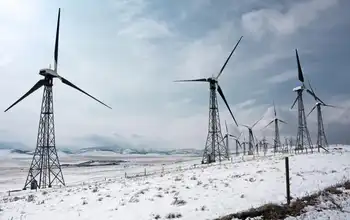
TransAlta Scraps Wind Farm as Alberta's Energy Future Blusters
CALGARY - The winds of change are blowing through Alberta's energy sector, and they're not necessarily carrying good news for renewable energy development. TransAlta, a major Canadian energy company, recently announced the cancellation of a significant wind farm project, citing a confluence of factors that create uncertainty for the future of wind power in the province. This decision throws a spotlight on the ongoing debate between responsible development and fostering a clean energy future in Alberta.
The scrapped project, the Riplinger wind farm near Cardston, Alberta, was envisioned as a 300-megawatt facility capable of providing clean electricity to the province.…


